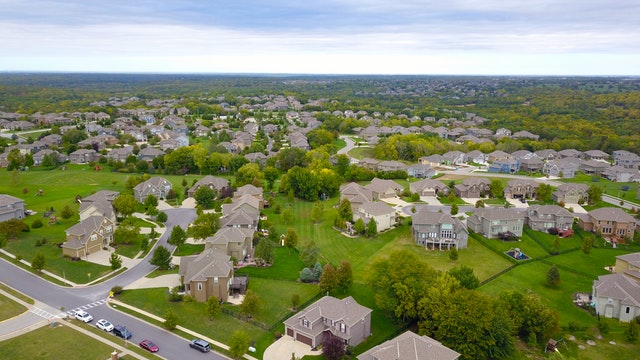Four Common Headaches Of A Homeowners Association
 When you are looking to purchase a home, you might hear a lot about something called a homeowners association, often shortened to HOA. While there are benefits of having an HOA in a living community, these benefits also have their drawbacks.
When you are looking to purchase a home, you might hear a lot about something called a homeowners association, often shortened to HOA. While there are benefits of having an HOA in a living community, these benefits also have their drawbacks.
There are a few common headaches that people often experience when they move into a community that has an HOA. Anticipating these problems ahead of time can help everyone prepare for what they might encounter.
The Maintenance In The Common Area
Whether you are living in a condo or in a neighborhood, the HOA is supposed to maintain the community common areas. This includes pool maintenance, lawns, landscaping, gyms, and more.
In some areas, your HOA might even be responsible for cleaning up after a storm goes through the area. Sometimes, this simply doesn’t happen. This can cause the neighborhood to look like a mess. If the neighborhood isn’t properly maintained, your property values may suffer.
Problems With Parking
Without a doubt, parking issues are among the most common problems that you might encounter with your HOA. When someone is driving through town, traffic and parking issues are handled by the police.
In the neighborhood, the HOA is typically responsible. The bylaws of the homeowners association might even give them the right to fine people. Make sure you read the agreement with the HOA carefully. You need to know the laws as well as your rights.
Antenna Issues
It is important for you to remember that your HOA cannot control who you have handle your cable and internet connections. In addition, they cannot force you to remove a satellite dish from your house even if they don’t like the look of it.
On the other hand, if you use an antenna, there are still some HOA rules that can control its location. Make sure you read the rules if you elect to go with an antenna.
Understanding Homeowners Association Problems
Some of the other issues that you might encounter with your local homeowners’ association involve pets, holiday decorations, and other random fines. You should read up on the bylaws ahead of time so you know what lies ahead. While not every HOA creates problems, others can be a real headache.
As always, your local real estate agent can answer specific HOA-related questions on any community in the area.
If you are in the market for a new home or interested in refinancing your current property, be sure to consult with your trusted home mortgage professional to discuss financing options.

 There is a joke about gated communities that says the walls are not just there to keep the people out but to keep the residents in. Living in a gated community that is subject to the rules of a homeowners’ association (HOA) can be a pleasant or a severely irritating experience, depending on the perspective a homeowner has about lifestyles.
There is a joke about gated communities that says the walls are not just there to keep the people out but to keep the residents in. Living in a gated community that is subject to the rules of a homeowners’ association (HOA) can be a pleasant or a severely irritating experience, depending on the perspective a homeowner has about lifestyles.